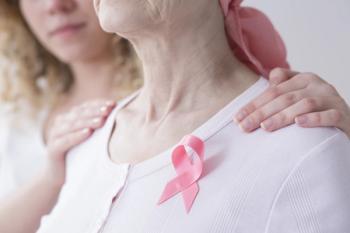
Some patients with early HER2-negative breast cancer at high risk for disease recurrence achieved meaningful benefit with Lynparza after receiving standard of care therapies, such as surgery or chemotherapy.

Some patients with early HER2-negative breast cancer at high risk for disease recurrence achieved meaningful benefit with Lynparza after receiving standard of care therapies, such as surgery or chemotherapy.

The addition of a novel drug to the chemotherapies gemcitabine and cisplatin significantly improved a survival outcome in patients with a rare form of head and neck cancer, compared with chemotherapy alone.

Treatment with chemotherapy following the standard chemoradiation treatment failed to improve multiple survival outcomes in women with locally advanced cervical cancer.
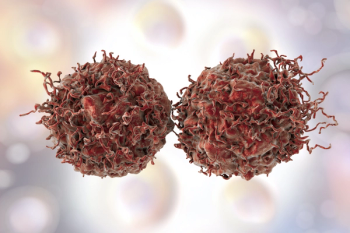
The addition of an investigational therapy to standard-of-care treatment was associated with a median overall survival of 15.3 months in patients with progressive PSMA-positive metastatic castration-resistant prostate cancer.

The study results lend strength to discuss prostate cancer screening in younger Black men, according to an expert.

The data, according to an expert, show that treatment with Tecentriq could delay disease progression to an advanced stage, as well as the need for more aggressive therapy.
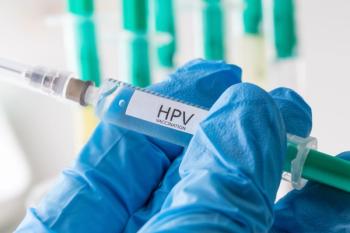
Almost 20 years of data indicate that the incidence of HPV-related cervical cancer is noticeably declining, however other cancers related to the virus continue, and are expected, to increase.

Survival rates in this study were similar across cancer types including colorectal and prostate cancers, which may indicate a need for updated policies to include more patients.

The executive director of the Cancer Policy Institute at the Cancer Support Community offers some candid advice for individuals who may be facing a new cancer diagnosis.

The merging of MyLifeLine.org with Cancer Support Community facilitates more comprehensive social and emotional support for patients and caregivers affected by cancer.
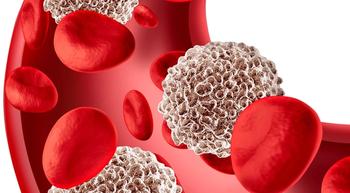
Treatment with fedratinib may lead to clinically meaningful responses among patients with myelofibrosis who were previously treated with Jakafi, according to an updated analysis of the phase 2 JAKARTA2 study.

Given with each dose of chemotherapy, trilaciclib temporarily puts bone marrow to sleep, helping to prevent fevers, infections and hospital stays in patients with small cell lung cancer.

Patients with breast cancer can still enroll in a clinical trial that is seeking to find the cause behind cardiac toxicity related to anthracycline-based treatment.

Researchers examined what goes into treatment decision-making for patients with multiple myeloma.

With new ways to treat chemotherapy-induced side effects, it seems that chemotherapy, combined with checkpoint inhibitors, is here to stay for the foreseeable future, according to one expert.

With a wealth of drugs available for the treatment of liver cancer, one expert explained how combination therapy may be where the future is headed.
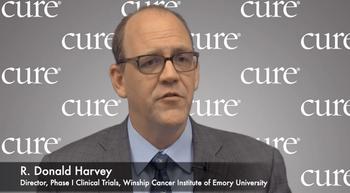
One expert weighs the benefits and drawbacks of expanding clinical trials to be more inclusive and reflective of the general patient population with cancer.
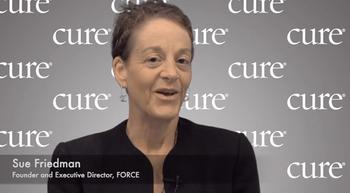
A breast cancer survivor and hereditary cancer expert discussed how patients can find accurate information about genetic mutations.
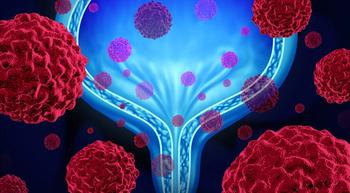
A medical oncologist discusses the findings of three clinical trials presented during the 2019 American Society of Clinical Oncology Annual Meeting.

One expert discusses the “extremely interesting and extremely dynamic” field of renal cell carcinoma, and how recent research and FDA actions could offer hope for patients and their doctors.

While half of women with gynecologic cancer reported experiencing significant fatigue during treatment, only 8% of survivors had symptoms regress without intervention.

Long-term survivors of pediatric neuroblastoma may be at an increased risk for neurocognitive impairment – in particular, due to age at diagnosis and the type of treatment received.

A glioblastoma (GBM)-specific app, called OurBrainBank, efficiently collected patients’ symptoms – offering many hope for future research, according to founder Jessica Morris.
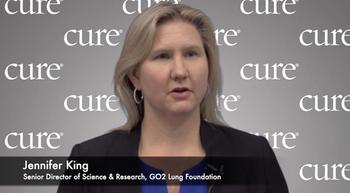
Studies show that the social stigma can actually affect a patient’s level of care and lead to worse health outcomes.

A lymphoma expert discusses the side effect profile and follow-up data from the ECHELON-1 clinical trial.

Tumor mutation burden may be an independent predictor of developing depression in patients with lung cancer, according to Dr. Daniel McFarland.

Breakthroughs such as CAR-T cell therapy in the treatment of mantle cell lymphoma could help patients overcome drug resistance and ultimately live longer, according to Dr. Michael Wang.

The growing use of telecommunication and technology to provide health care – or telemedicine – offers many advantages, but also comes with challenges, says one expert.

Trilaciclib, an intravenous CDK 4/6 inhibitor, in combination with Hycamtin may reduce chemotherapy-induced myelosuppression in small cell lung cancer, according to one expert.
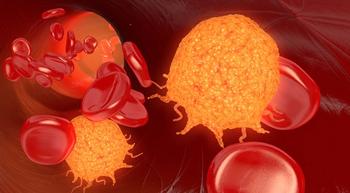
Newer treatments for MCL offer hope to patients living with the fast-growing and challenging-to-treat disease.